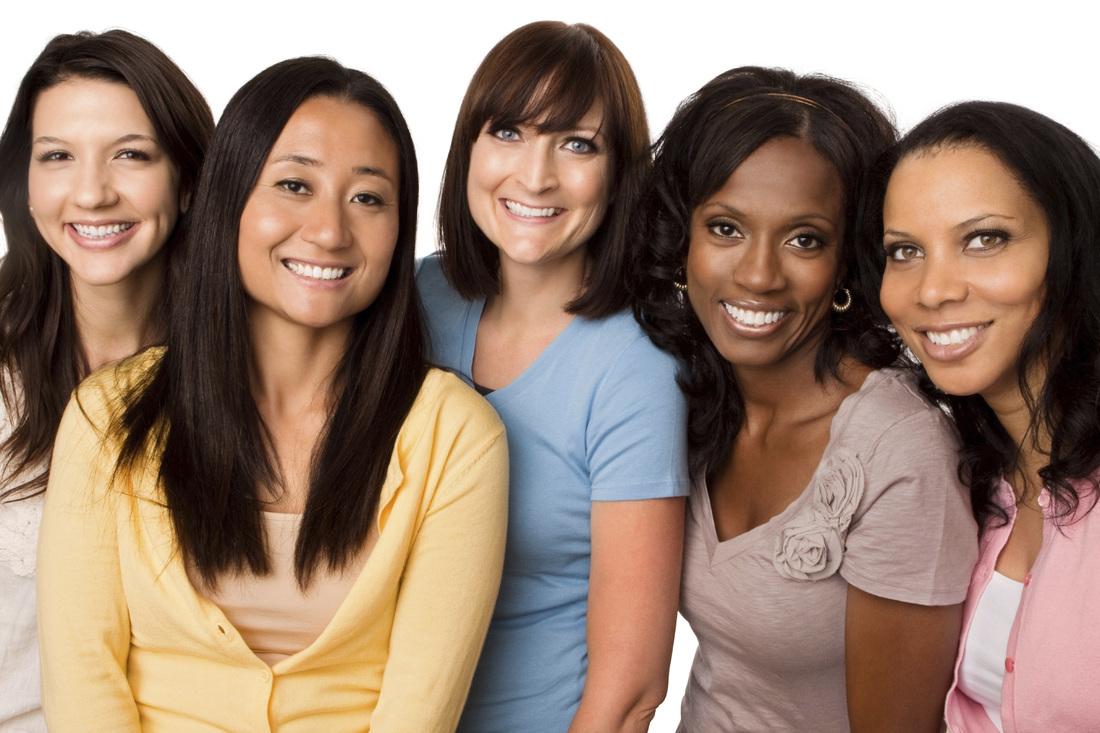 There's a stereotype that only one kind of person hires a doula. The image is usually of a woman who is white, in a higher socio-economic bracket. She is, perhaps, a professional with a hippy edge. She is educated and informed about her birth. And it's true. Women like the one I have described may opt for a doula to attend their birth or hire a postpartum doula. But other people hire doulas as well: Trans people hire doulas. Black and Latino (and Asian, and, and and) hire doulas. Jewish women hire doulas. Muslim women hire doulas. Stay at home parents hire doulas. And yes, folks who are "poor" hire doulas. One of the reasons that I decided to become a doula and to train with Ancient Song Doula is because ASDS is an organization started by a woman of color and an organization focused on training women of color as doulas. ASDS spends time in the community it aims to serve, educating people about birth. Doulas aren't just for the rich, they're not only for white folks, or for straight people. It's my philosophy that ANY PERSON giving birth not only needs, but deserves to have a doula by their side. And ANY PERSON who has given birth not only needs, but deserves the support of a postpartum doula in the weeks following birth. Less than one hundred years ago, people birthed surrounded by their mothers, grandmothers, aunties, cousins and friends. We birthed in Red Tents, in Birthing Huts, in low-lit rooms of homes. We roared our babies earthed from our bodies without fear, because we'd seen birth. A doula's job is to help provide that tribe we've lost. And while we're only one person, rather than the mother, grandmothers, and aunties of the past, we stay by your side. Reminding you of your strength, telling you that you're beautiful, and holding space for you to birth your baby in the way that's best for YOU.
0 Comments
To produce breast milk, mothers melt their own body fat. Are you with me? We literally dissolve parts of ourselves, starting with gluteal-femoral fat, aka our butts, and turn it into liquid to feed our babies.
Before and after giving birth to my daughter 10 months ago, I was inundated with urgent directives from well-meaning, very insistent health practitioners, parenting book authors, mommy bloggers, journalists, and opinionated strangers that "breast is best." The message was clear: In order to be a good mom, I had to breast-feed. But breast-feeding is more than being a good mom. And breast milk is much more than food: It's potent medicine and, simultaneously, a powerful medium of communication between mothers and their babies. It's astonishing. And it should be—the recipe for mother's milk is one that female bodies have been developing for 300 million years. Breast-feeding leads to better overall health outcomes for children, which is why the World Health Organization and the American Academy of Pediatrics recommend that babies be exclusively breast-fed for a minimum of six months. Those outcomes, though, are relative: A premature infant in the neonatal intensive-care unit or a baby growing up in a rural African village with a high rate of infectious disease and no access to clean water will benefit significantly more from breast milk over artificial milk, called formula, than a healthy, full-term baby born in a modern Seattle hospital. We're also told that breast-feeding leads to babies with higher IQs and lower rates of childhood obesity than their formula-fed counterparts. I understand why people find this appealing, but I don't plan to raise my daughter to understand intelligence in terms of a single test score, or to measure health and beauty by body mass index. More compelling to me are the straightforward facts about breast milk: It contains all the vitamins and nutrients a baby needs in the first six months of life (breast-fed babies don't even need to drink water, milk provides all the necessary hydration), and it has many germ- and disease-fighting substances that help protect a baby from illness. Oh, also: The nutritional and immunological components of breast milk change every day, according to the specific, individual needs of a baby. Keep reading on The Stranger |
Details
AuthorHi there! I'm Erika Davis and I'm a doula working in the Seattle and South Puget Sound area. Archives
December 2018
Categories
All
|
 RSS Feed
RSS Feed